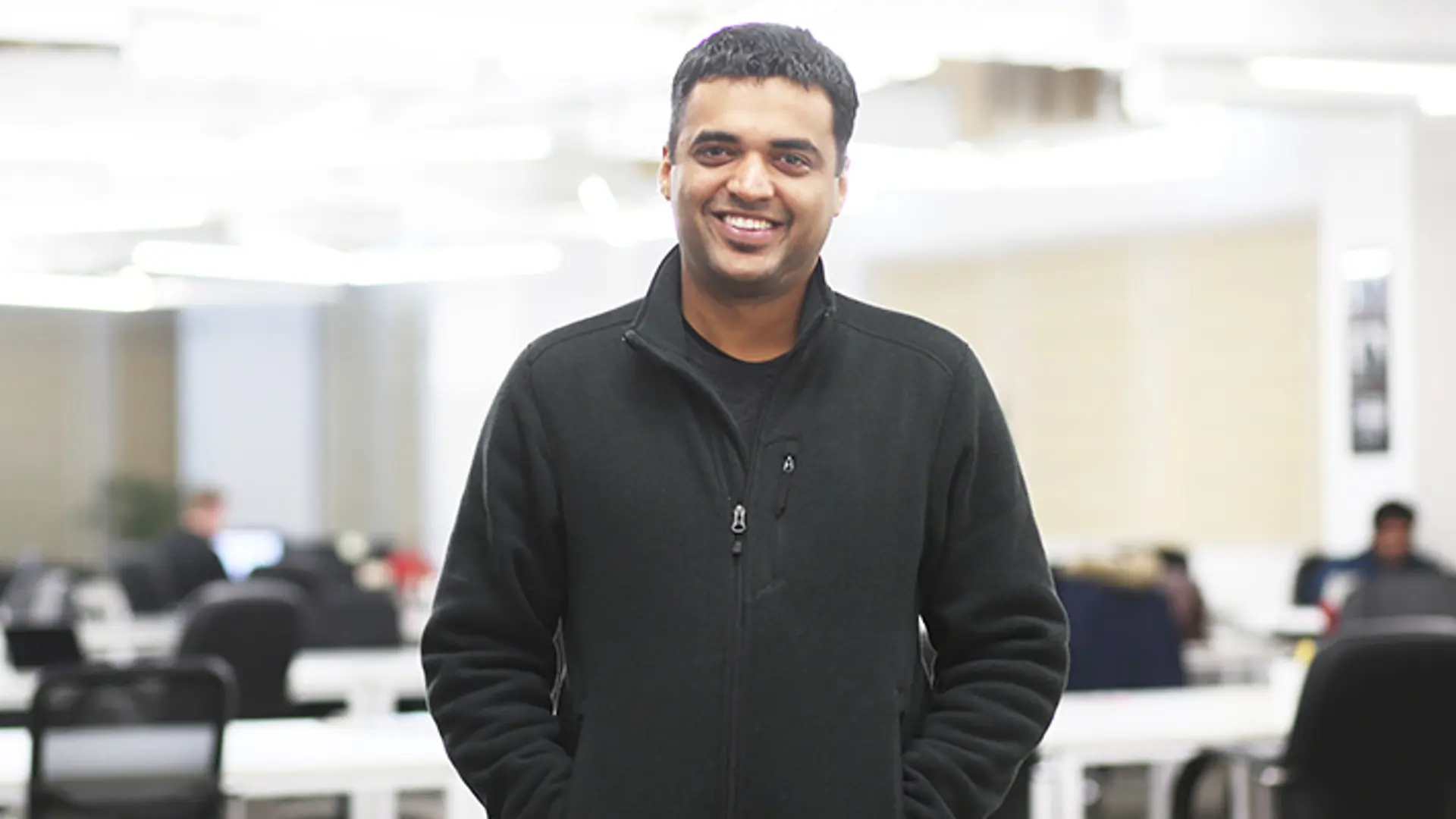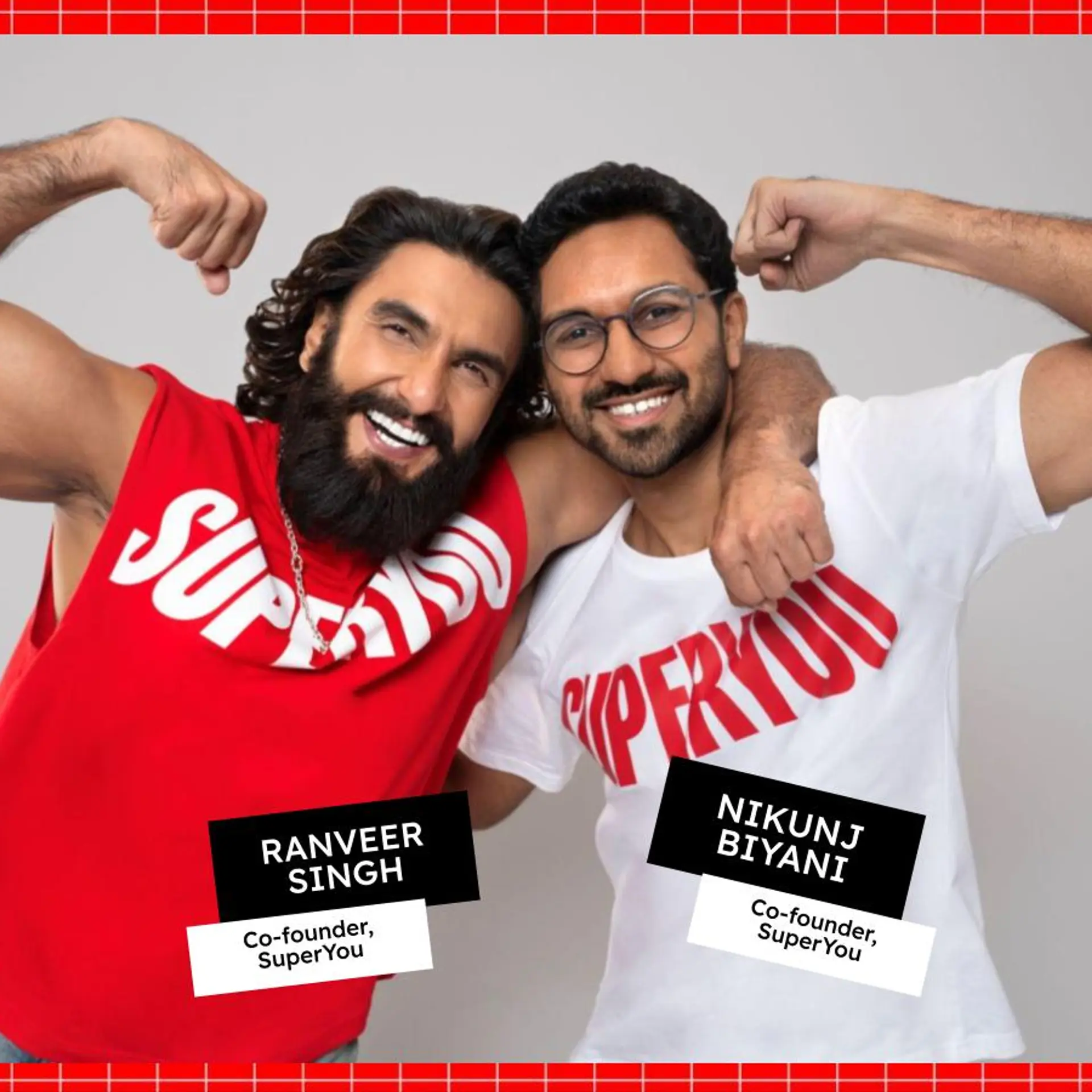NetApp announces ExcellerateHER, an accelerator programme for women entrepreneurs in tech
NetApp Excellerator, the flagship accelerator programme by the global technology enterprise NetApp, will begin a new subset ExcellerateHER for women entrepreneurs. The programme will focus on B2B tech startups founded by women.
NetApp, a global technology enterprise announced plans to start an accelerator programme for women entrepreneurs, ExcellerateHER. Focused on women founders, this is a subset to the company’s flagship NetApp Excellerator, a B2B tech accelerator programme.
“Being a woman entrepreneur in my earlier avatar, I have seen that there were very real challenges that are specific to women entrepreneurs,” Madhurima Agarwal, Leader, NetApp Excellerator tells HerStory.
The new subset will also begin alongside the main programme at the end of September or early October and will feature two to three B2B startups founded by women that are working in the technology and deep tech sectors, areas that align with the expertise of NetApp.

Madhurima Agarwal, Leader, NetApp Excellerator
The need for an exclusive program
Women constitute only 14 percent of the total number of entrepreneurs in the country, according to the Ministry of Statistics and Programme Implementation.
“Despite improvements in social parameters, India’s growth does not translate into the economic inclusion and development of women,” reads a 2020 report by Google and Bain & Company. The report suggests that fuelling entrepreneurial spirit and providing necessary support to women entrepreneurs holds the promise of changing the economic and social trajectory of India and its women for generations to come.
Echoing similar sentiments, Madhurima Agarwal, who also serves as Director of Engineering Programs at NetApp points to “abysmal numbers” of funding received by women-led startups as compared to their male counterparts. According to YourStory data in the year 2018, only 102 startups with women founders/co-founders raised funding from January to September 2018. That was just a little over 15 percent of the 600 deals closed. Solo women founders managed only 20 deals.
“During conversation with the leadership at NetApp we decided that we should start with something and extend the support and our expertise to women to grow their businesses that we as an organisation can”, says Madhurima.
She adds that based on anecdotal evidence, reports and her own experience, “There is a gap specifically in the areas of science, tech and deep tech where there is no support system that has been created to focus on women founders. I think it is only fair to help them, support them, and create a level-playing field.”
Madhurima recounts her own days as an entrepreneur before 2000 when people would walk into her software development startup and demand to speak with the head of the company and refused to believe that Madhurima was the founder. Some would even demand to speak with her father, she recalls laughing.
She also points to the fact that women are seen as primary caregivers and thus, have to bear familial and entrepreneurial responsibilities. She also believes that women need to undergo a mindset change as well to flourish in the entrepreneurial world.
“As women, irrespective of the role that we play, somewhere we have been conditioned to think in a particular manner that the ability to take risks and assert ourselves is something we lack or it is something we are not at par with men, so to say. When you step into the field of entrepreneurship that kind of becomes more pronounced because that’s how people around you see,” feels Madhurima.
What the programme offers
The NetApp Excellerator programme has facilitated the graduation of 35 startups like Curl Analytics, CloudSEK, Adya, Qualys, ArchSaber, VitaCloud, SigTuple, Anlyz, FirstHive and more in six cohorts so far. Three startups Adya, ArchSaber and VitaCloud have had successful exits and other startups have gone on to receive follow-on funding since the program began in 2017.
The ExcellerateHER programme will be selected from the applications that NetApp receives for its main accelerator program. After five or six startups are selected for the NetApp Excellerator cohort, the remaining applications will be judged to find two to three startups that will be a part of the ExcellerateHER's first cohort. Both programmes will run simultaneously for a period of four months.
The benefits that are part of the main programme will also be offered to startups founded by women. The benefits include but are not restricted to an on-demand course, technical and business mentorship, workshops run by external coaches on topics related to sales pitching, value sharing and more, access to global PR experts, and building an extensive network of mentors both within and outside NetApp.
Madhurima hopes to onboard and work with funds focused on women to help women entrepreneurs with fundraising and include coaching about building pitch decks, presenting to investors and building networks for investing opportunities.
“We might all say that there is nothing like the “old boys club” but the story on the ground is different. There is access to networks which women founders do not naturally get and we want to create a level-playing field there as well,” says Madhurima.
Building an ecosystem for women
Commenting on how ExcellerateHER is different from other programmes that are working to help women entrepreneurs, Madhurima says, “I spotted a lack of somebody focusing on deep tech and tech areas, specifically B2B. Even if all of us are doing the same thing, there is enough scope. Because at the end of the day all our objectives are the same, which is developing this ecosystem and making sure that folks who are taking that risk and showing the grit to become entrepreneurs are successful.”
Madhurima hopes that the ecosystem fosters a mindset that women are as good as men and stops differentiating on the basis of gender. Merit should be the primary thing, she says.
“I am all for merit but if you do think that giving a slight push to women helps then do that. Because for years they have been on the backfoot and they have faced certain challenges. Have that empathy. Don’t judge but support. Don’t criticise but encourage,” she adds.
Edited by Javed Gaihlot









